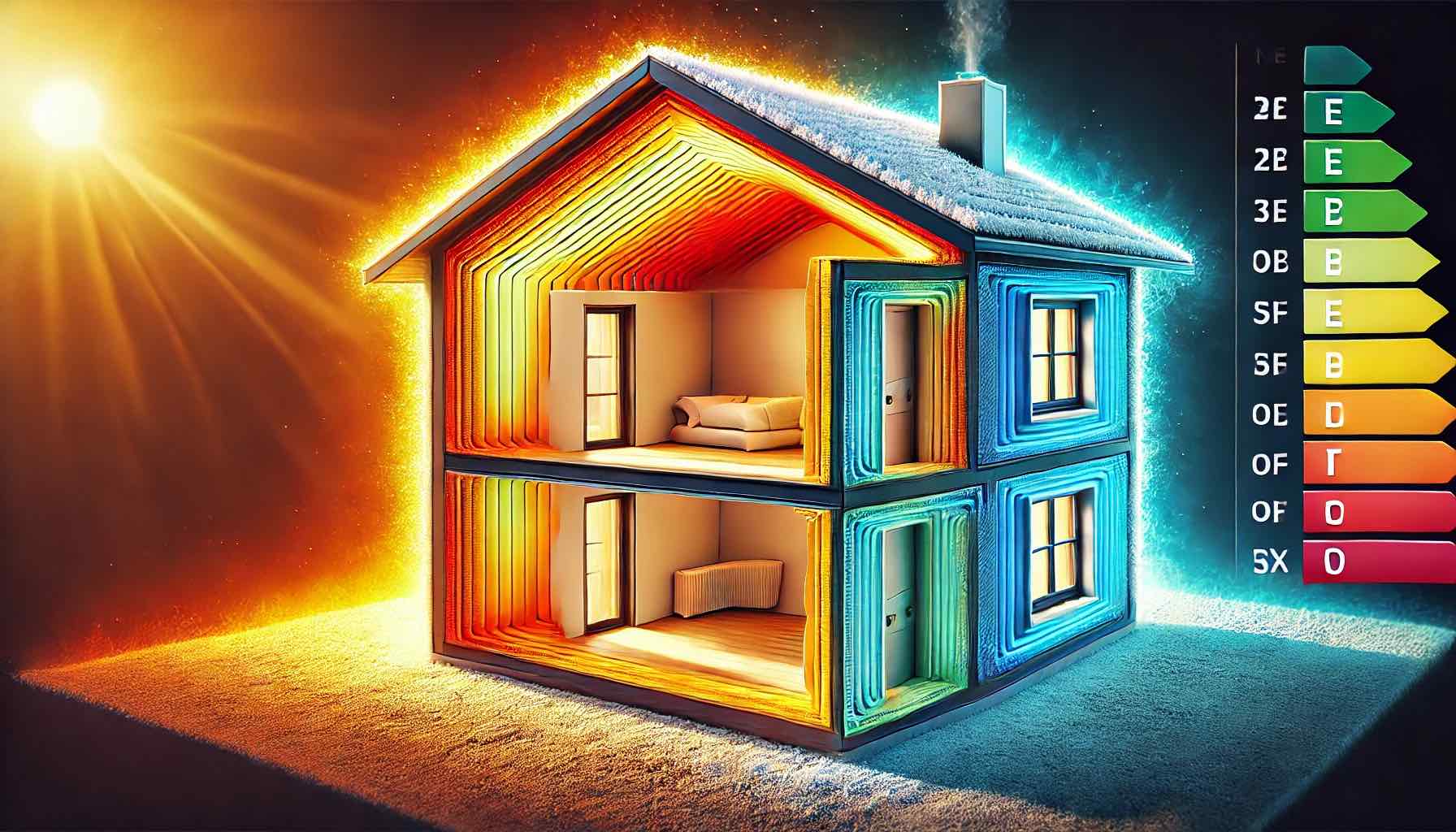After much deliberation, we decided to install thermal insulation on the exterior walls of our house. With rising electricity bills and Cyprus’s abundant sunshine, it made perfect sense to optimize our home’s energy usage while preventing sky-high costs to maintain a comfortable environment.
But when I looked into how thermal insulation actually works, I was surprised by how closely it mirrors personal and professional development. Here’s how:
Insulation is all about energy management By definition, insulation prevents heat (energy) from escaping in the winter and entering in the summer. This is tied to the second law of thermodynamics (the law of entropy), which states that energy naturally disperses from hotter to cooler areas.
Energy tends to escape closed systems Just as heat escapes a house, our personal energy will drift if no “insulation” (i.e., habits or systems) is in place to keep it focused.
Where attention goes, energy flows If you don’t have a plan or routine, your energy might prematurely scatter into less critical areas. That’s why habits and routines matter: they help “contain” your energy.
Habits are built through consistency and repetition Thanks to neuroplasticity, the brain can lay down new pathways. By repeatedly practicing a routine, you effectively install your own “insulation system,” preventing leakage of energy.
At the corporate level Goals, procedures, and an inspiring vision act like insulation. They anchor everyone’s attention and counter the entropy that naturally creeps in, ensuring energy stays directed toward shared objectives.
Bottom Line
Progress hinges on how effectively we manage our energy—and that requires establishing our own version of “thermal insulation,” namely habits and systems.
What about you, dear reader?
What “insulation systems” do you apply in your personal or professional life to attain progress and counter entropy?
Philippos


